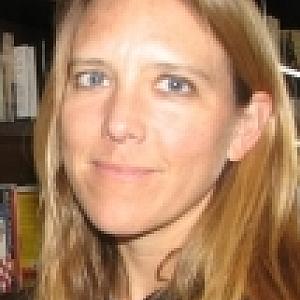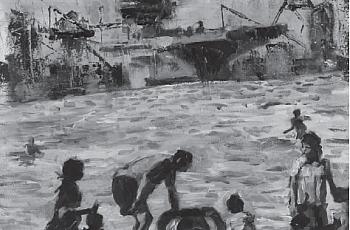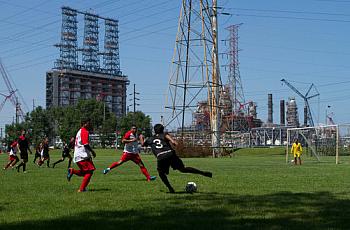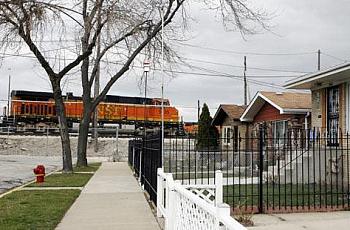
Kari Lydersen
Co-Director

Co-Director
I am an assistant professor at Medill, where I head up the Investigative Specialization in the graduate program and the Medill Chicago Investigative Program, which brings together graduate and undergraduate students on a two-quarter team investigation for publication with national media partners. In 13 years reporting in Chicago, previously for The Washington Post out of the midwest bureau and as a freelancer, I've felt lucky to cover a wide range of stories related to the environment, health, energy, immigration, labor and politics, among other things. Chicago provided me a crash course and an ongoing education in all these realms, giving me a home base for reporting around the US and Latin America. I've become increasingly interested in health journalism in part because it is a lens through which to examine the human impacts of our environment, working conditions and social policies. I've published three books, most recently "Revolt on Goose Island: The Chicago Factory Takeover and What it Says About the Economic Crisis." I also teach journalism at Columbia College and to youth through a non-profit program. I grew up in San Diego and came to the midwest to join the swim team (and as it turned out, get a journalism degree) at Northwestern University. My website is www.karilydersen.net.

Mental health care is playing a starring role in a movement to unseat Chicago Mayor Rahm Emanuel. After major budget cuts, members of the City Council’s Progressive Caucus are demanding to reopen shuttered clinics by adding $2.2 million to the budget the Council will vote on November 13 .

Mental health providers in Illinois acknowledge that the state is in a dire budget situation. They say they have become more resourceful, finding ways to continue serving their patients and hope that the Affordable Care Act will help their situation.

Jose Arreola’s parents told him at age five that he couldn’t speak Spanish in public, and couldn’t tell anyone where the family was from, or his mom and dad could be taken away....

What's going to happen to the health workforce as health reform rolls out, particularly in rural areas?

<p>I figured the air around Chicago rail yards would be dirty...but finding out was not as easy as it seemed.</p>

<p>Maria Martinez and her husband and three sons live in a colorful stucco home in a subsidized housing development near San Diego Bay. But as soon as she steps outside, Martinez and her neighbors are confronted with an onslaught of environmental health hazards.</p>

<p>Journalist Kari Lydersen examines the environmental health impacts of a large oil refinery's expansion to process tar sands oil.</p>
<p>We often hear that climate change will have a devastating impact on the world's poor in the future, and that may well be true. But a fraction of the resources spent fighting future climate change could go a long way in global public health efforts right now.</p>

<p>When the Chicago City Council last week passed an ordinance to reduce emissions from construction equipment working on city jobs, it touched on a larger problem: harmful amounts of diesel exhaust in the city. Journalist Kari Lydersen found troubling emission levels in some neighborhoods.</p> <p
<p>Carbon dioxide gets most of the public attention as the main driver of climate change, a serious and increasing threat to public health worldwide. <br />But “black carbon” or “soot” emitted from diesel engines, cook stoves, brick kilns, agricultural burning and other sources in the developing and developed world poses a serious health risk for people especially in south and east Asia.</p>